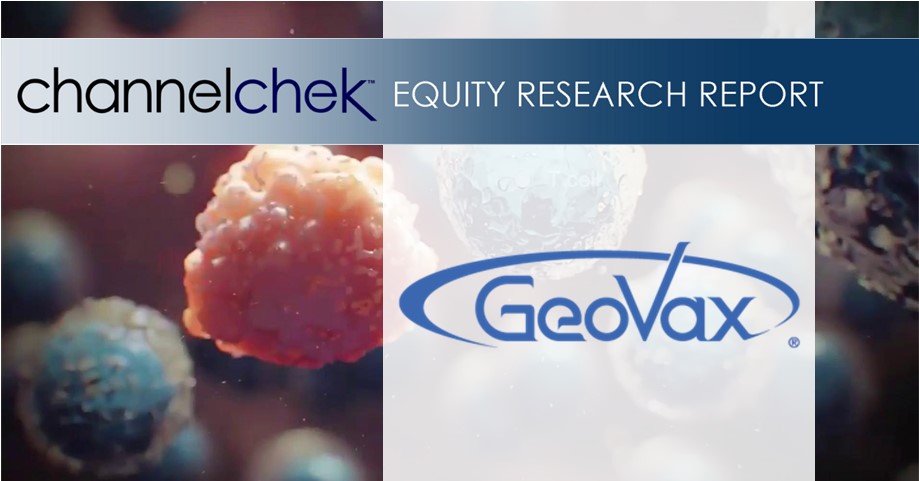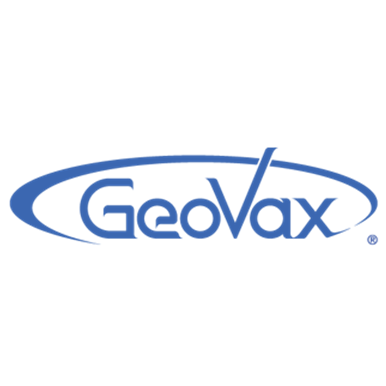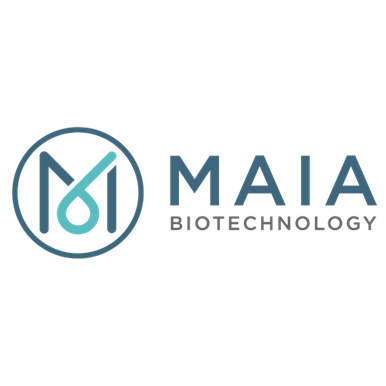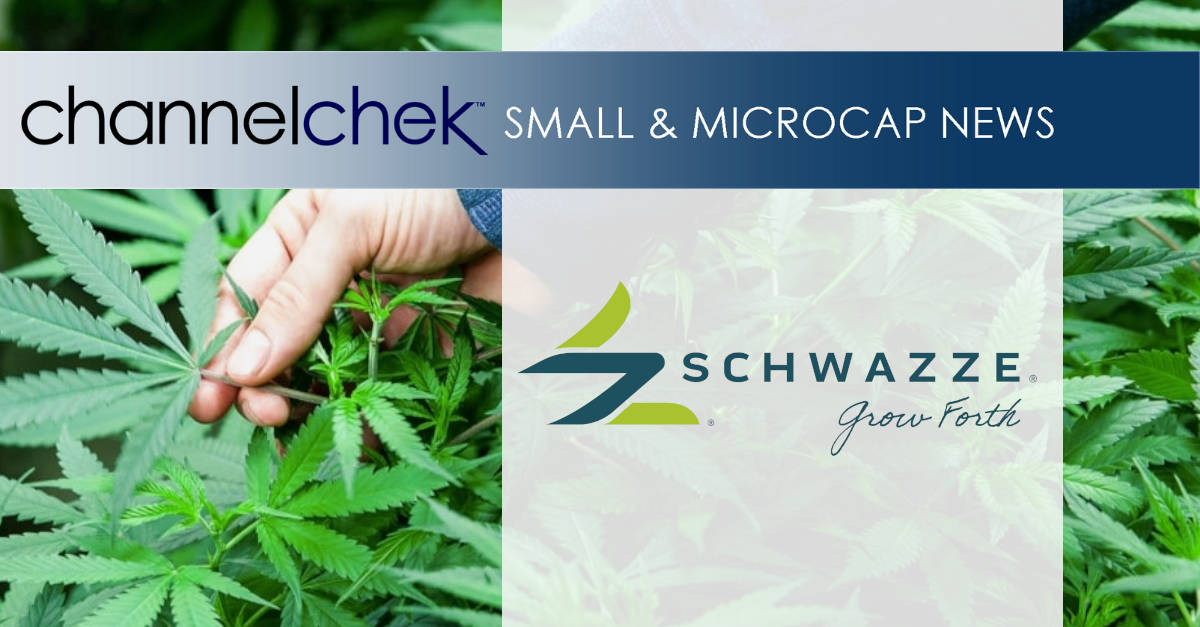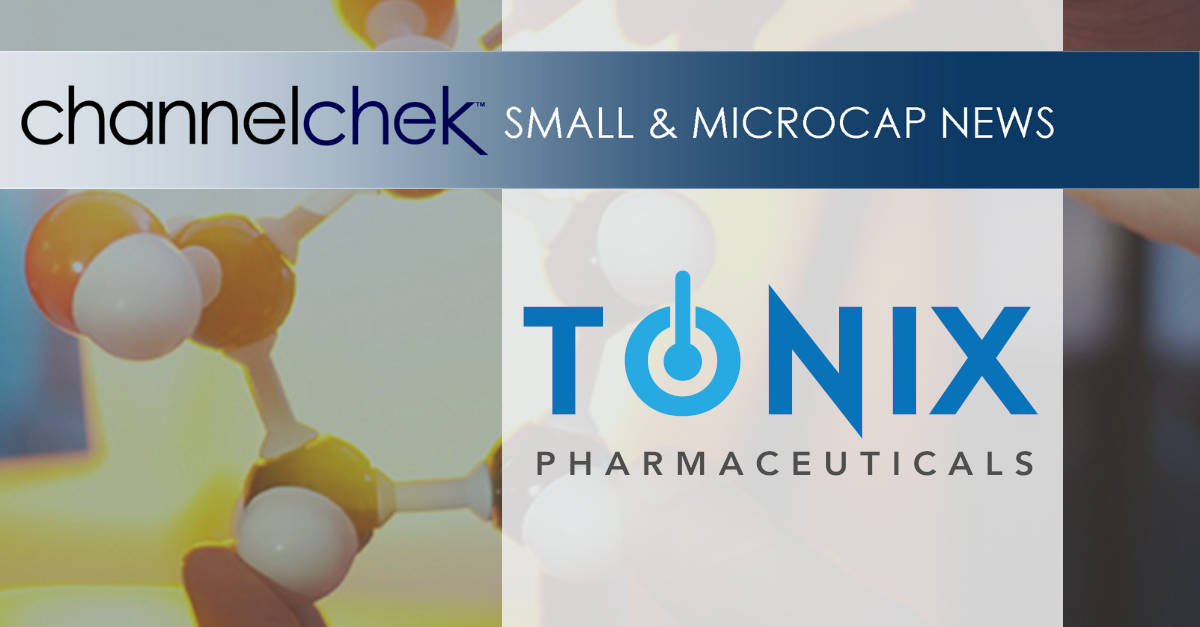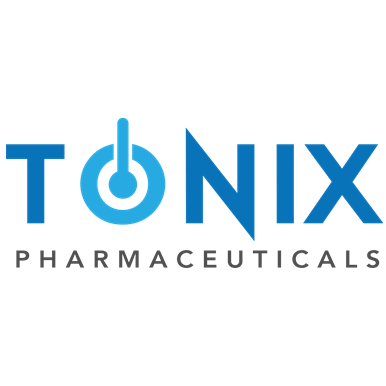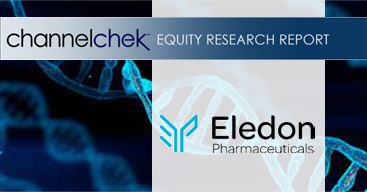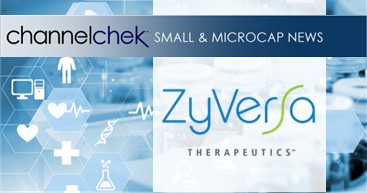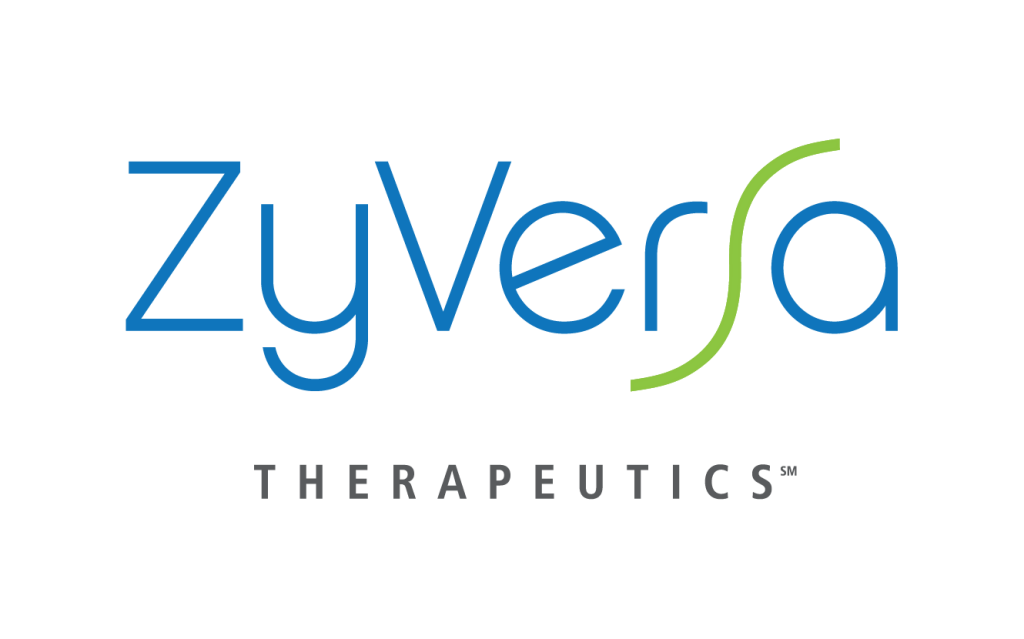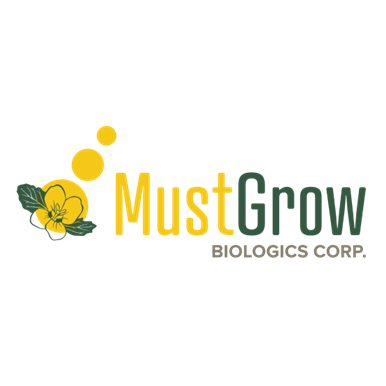
Research News and Market Data on MGROF
- USDA National Organic Program (OMRI Listed®) has awarded MustGrow’s TerraSanteTM Crop Fertilizer and Soil Amendment technology with organic compliance.
- TerraSanteTM is a mustard plant-based technolgy focused on soil and soil microbiome health, nutrient and water use efficiencies, and plant yields.
- MustGrow plans to continue to advance its TerraSanteTM registration approval process in key U.S. states.

SASKATOON, Saskatchewan, Canada, October 31, 2023 – MustGrow Biologics Corp. (TSXV:MGRO) (OTC:MGROF) (FRA:0C0) (the “Company” or “MustGrow”) is pleased to announce receipt of organic compliance certification from the USDA National Organic Program for its TerraSanteTM crop fertilizer and soil amendment technology. TerraSanteTM is now OMRI Listed® in the following Generic Material Listing(s): NOP: Plant Extracts, Class: Crop Fertilizers and Soil Amendments.
The organic certification from Organic Materials Review Institute (“OMRI”) (www.omri.org) may provide an opportunity for farmers to reduce synthetic chemical and fertilizer use while meeting growing market demand for organic biological products. The OMRI approval process includes a strict review of product ingredient composition and observance of manufacturing compliance standards required in organic production. Pending final registration of product approval from U.S. state agencies, TerraSanteTM will be marketed with the legend “OMRI listed for organic use”.
“We believe that organic compliance is a major milestone towards commercializing TerraSanteTM” commented MustGrow’s COO, Colin Bletsky. “Agriculture needs new organic innovations to support food production and this organic certification further supports our belief that MustGrow’s technologies could be impactful. The key U.S. agricultural regions are under constant pressure to eliminate or reduce synthetic products, so natural, OMRI certified technologies, like TerraSanteTM, have great promise for commercial-scale adoption.”
MustGrow believes this soil amendment and biofertility initiative will complement its existing biocontrol programs in preplant soil fumigation, postharvest food preservation, and bioherbicide, which are currently under development with four global partners: Janssen PMP, Bayer, Sumitomo Corporation, and NexusBioAg. These four partnered programs continue to achieve performance milestones and expand globally in scope and investment.
TerraSanteTM for Soil and Ecological Health
MustGrow’s soil amendment and biofertility development programs will focus on soil and soil microbiome health, nutrient and water use efficiencies, and plant yields. Initially, the development work is anticipated to progress in Washington, Idaho, Oregon, California and Arizona, before expanding nationwide across the United States.
Soil is a farmer’s most valuable and precious asset, and MustGrow’s plant-based technologies are being developed with the intention to improve not only the health of the soil, but also the surrounding ecological environment.
As a soil amendment in mixable form, TerraSanteTM contains nutritious plant proteins and carbohydrates that feed soil microbes, potentionally improving beneficial microbial activity and ensuring long-term sustainable soil health. These targeted micro-communities have been shown to work to improve nutrient availability, which can potentially increase plant vigor and yields, while reducing plant stress. TerraSanteTM has the potential to improve crop nutrient uptake and, hence, overall crop performance. There are no artificial additives or preservatives used during its manufacturing.
MustGrow expects to initially pursue TerraSanteTM branded registrations in North America for soil amendment applications, followed by formulations and brands targeting the biofertility markets. The soil amendment and biofertility products will utilize multiple technologies derived from novel plant-based extracts from mustard and potentially other sources.
Soil Amendment and Biofertility Marketplace
The global fertilizer market is anticipated to reach US$242 billion by 2030, up from US$193 billion in 2021 (2.5% CAGR).(1) This aggregate fertilizer figure includes the following sub-markets, which MustGrow intends to target initially with TerraSanteTM and potentially other branded products:
- Soil amendment: estimated market size in 2022 was US$3.5 billion and is expected to be US$8.0 billion by 2030 (11.0% CAGR).(2)
- Biofertility: estimated market size in 2021 was US$2.7 billion and is estimated to be US$7.0 billion by 2030 (12.3% CAGR).(3)
Combined, these additional market segments have the potential to add over US$15 billion of target market opportunity globally for MustGrow by 2030, which is almost double from the initially targeted infield biocontrol market.(1)
Alternatives to Synthetic Fertilizers are Needed
With the world’s population expanding, agriculture production and global food security are increasingly important. Fertilizers continue to play a critical role in agriculture, yet plans to reduce their use have been amplified in recent years to minimize the negative consequences of climate change through emission reduction strategies. Canada, for example, has set a voluntary national fertilizer emissions reduction target of 30% below 2020 levels by 2030 to lower greenhouse gas emissions.(2) Sustainable, climate-friendly solutions may play a role in helping to offset this reduction while balancing the nation’s economic health. For example, Canada’s fertilizer industry directly and indirectly supports over 76,000 jobs and contributes nearly C$13 billion to Canadian GDP.(2)
The European Green Deal is targeting a 20% reduction in fertilizer use by 2030, while also ensuring no deterioration in soil fertility, as part of the European Commission’s aim to reduce nutrient losses by at least 50% by 2030.(3) Fertilizer reduction is a key element of the broader Green Deal target of a minimum 55% net reduction in greenhouse gas emissions by 2030.(4)
Soil amendment and biofertifility innovations, such as MustGrow’s TerraSanteTM technology, could provide a key agricultural solution to the combined effects of fertilizer reduction targets alongside the need to increase farm production, farm profitability, economic growth and global food security.
Source:
1. Statista, Fortune Business, Polaris Market Research.
2. https://fertilizercanada.ca/our-focus/stewardship/emissions-reduction-initiative/
3. https://agriculture.ec.europa.eu/system/files/2022-02/factsheet-farmtofork-comparison-table_en_0.pdf
4. https://commission.europa.eu/strategy-and-policy/priorities-2019-2024/european-green-deal_en
———
About MustGrow
MustGrow is an agriculture biotech company developing organic biocontrol, soil amendment and biofertility products by harnessing the natural defense mechanism and organic materials of the mustard plant to sustainably protect the global food supply and help farmers feed the world. MustGrow and its leading global partners — Janssen PMP (pharmaceutical division of Johnson & Johnson), Bayer, Sumitomo Corporation, and Univar Solutions’ NexusBioAg — are developing mustard-based organic solutions to potentially replace harmful synthetic chemicals. Concurrently, with new formulations derived from food-grade mustard, the Company is pursuing the adoption and use of its technology in the soil amendment and biofertily markets. Over 150 independent tests have been completed, validating MustGrow’s safe and effective approach to crop and food protection and yield enhancements. Pending regulatory approval, MustGrow’s patented liquid technologies could be applied through injection, standard drip or spray equipment, improving functionality and performance features. Now a platform technology, MustGrow and its global partners are pursuing applications in several different industries from preplant soil treatment and weed control, to postharvest disease control and food preservation, to soil amendment and biofertility. MustGrow has approximately 50.1 million basic common shares issued and outstanding and 55.0 million shares fully diluted. For further details, please visit www.mustgrow.ca.
Contact Information
Corey Giasson
Director & CEO
Phone: +1-306-668-2652
info@mustgrow.ca
MustGrow Forward-Looking Statements
Certain statements included in this news release constitute “forward-looking statements” which involve known and unknown risks, uncertainties and other factors that may affect the results, performance or achievements of MustGrow.
Generally, forward-looking information can be identified by the use of forward-looking terminology such as “plans”, “expects”, “is expected”, “budget”, “estimates”, “intends”, “anticipates” or “does not anticipate”, or “believes”, or variations of such words and phrases or statements that certain actions, events or results “may”, “could”, “would”, “might”, “occur” or “be achieved”. Examples of forward-looking statements in this news release include, among others, statements MustGrow makes regarding: its plans to continue to advance its TerraSanteTM registration approval process in key U.S. states; the opportunity that being OMRI listed for organic use may provide to farmers to reduce synthetic chemical fertilizer use while meeting growing market demand for organic biological products; the potential outcome of pending final registration product approvals; the planned marketing of TerraSanteTM with the legend, “OMRI listed for organic use”; the relevance of organic compliance towards commercializing TerraSanteTM; MustGrow’s belief that TerraSanteTM will complement its existing biocontrol programs; the expected focus of MustGrow’s soil amendment and biofertility development programs on soil and soil microbiome health, nutrient and water use efficiencies, and plant yields; the anticipated progression of MustGrow’s development work in Washington, Idaho, Oregon, California and Arizona, before expanding nationwide across the United States; MustGrow’s expectation that it will initially pursue TerraSanteTM branded registrations in North America for soil amendment applications, followed by formulations and brands targeting the biofertility markets; and the opportunity that soil amendment and biofertility innovations, such as MustGrow’s TerraSanteTM technology, could provide a key agricultural solution to the combined effects of fertilizer reduction targets alongside the need to increase farm production, farm profitability, economic growth and global food security.
Forward-looking statements are subject to a number of risks and uncertainties that may cause the actual results of MustGrow to differ materially from those discussed in such forward-looking statements, and even if such actual results are realized or substantially realized, there can be no assurance that they will have the expected consequences to, or effects on, MustGrow. Important factors that could cause MustGrow’s actual results and financial condition to differ materially from those indicated in the forward-looking statements include market receptivity to investor relations activities as well as those risks described in more detail in MustGrow’s Annual Information Form for the year ended December 31, 2022 and other continuous disclosure documents filed by MustGrow with the applicable securities regulatory authorities which are available at www.sedar.com. Readers are referred to such documents for more detailed information about MustGrow, which is subject to the qualifications, assumptions and notes set forth therein.
This release does not constitute an offer for sale of, nor a solicitation for offers to buy, any securities in the United States.
Neither the TSXV, nor their Regulation Services Provider (as that term is defined in the policies of the TSXV), nor the OTC Markets has approved the contents of this release or accepts responsibility for the adequacy or accuracy of this release.
© 2023 MustGrow Biologics Corp. All rights reserved.

